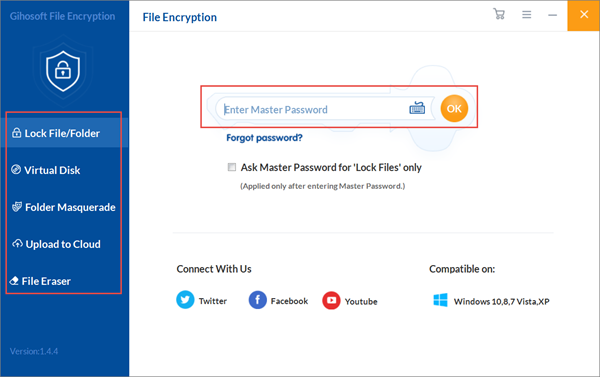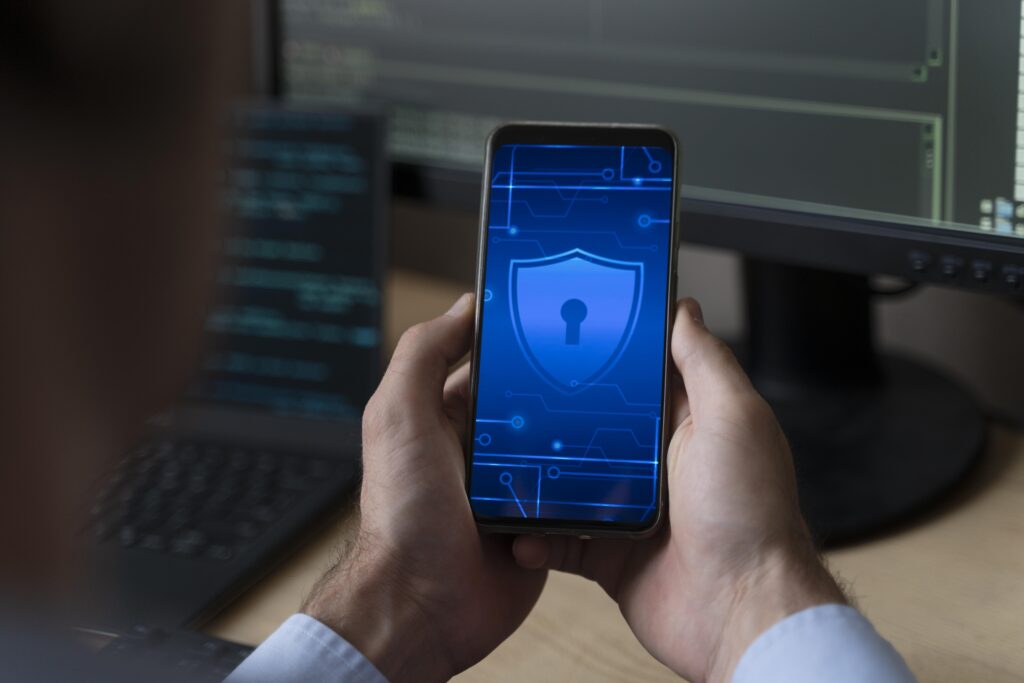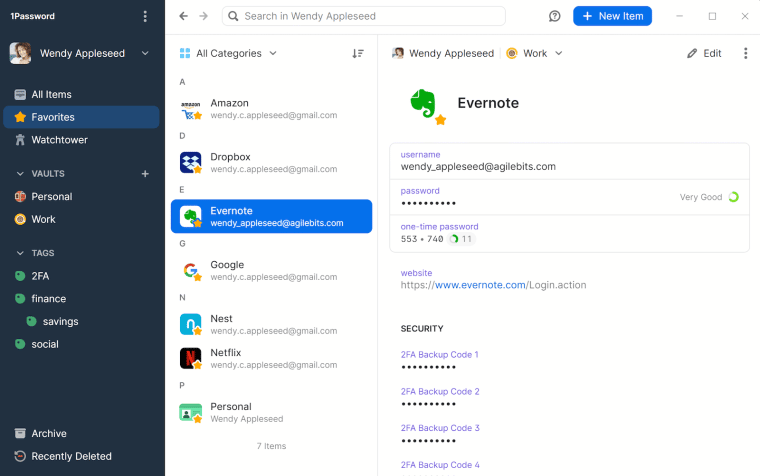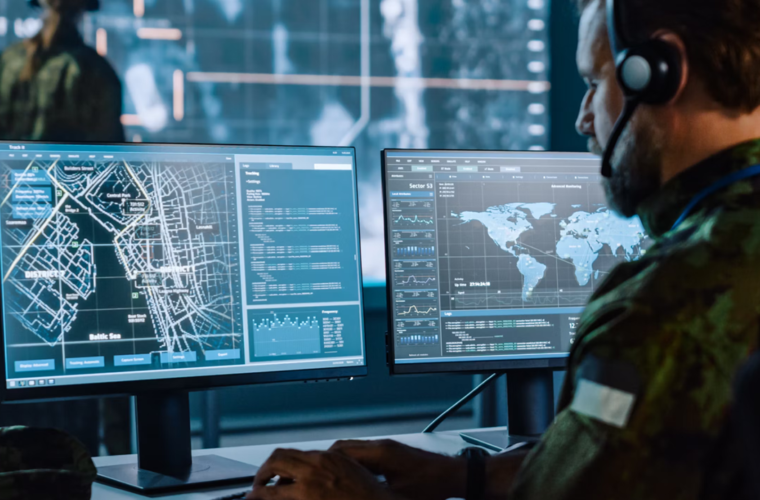Top 6 security tips every digital nomad needs to know
As a digital nomad, you enjoy the freedom and flexibility of working from anywhere in the world. Whether sipping coffee in a Parisian cafe or lounging on a beach in Bali, your office is wherever you choose. However, with this freedom comes the responsibility of securing your digital assets. Cybersecurity threats are on the rise, and digital nomads are particularly vulnerable to these attacks. From stolen passwords to compromised networks, the risks are real and can have disastrous consequences for your business. That’s why taking proactive steps to protect your online presence is crucial. In this article, we’ll share these essential security tips that every digital nomad needs to know.
Choosing secure Wi-Fi networks and using VPNs
One of the most appealing aspects of the digital nomad lifestyle is working from anywhere with an internet connection. However, connecting to public Wi-Fi networks can expose your devices to various risks. Unsecured networks are a breeding ground for hackers and cybercriminals who can easily intercept your data and infiltrate your devices. To mitigate these risks, it’s essential to choose secure Wi-Fi networks whenever possible. Look for networks that are password-protected and provided by reputable establishments, such as hotels, cafes, or coworking spaces. Avoid using networks with generic names or those that don’t require a password, as these are more likely to be compromised.

Using a virtual private network (VPN) is another crucial security measure for digital nomads. A VPN encrypts your internet connection, making it much more difficult for hackers to intercept your data. By routing your connection through a secure server, a VPN also helps to mask your online activities and protect your privacy. Many reliable VPN services are available, so be sure to choose one that meets your needs in terms of speed, server locations, and security features.
Safeguarding your devices with strong passwords and two-factor authentication
Passwords are your first defence against unauthorized access to your devices and accounts. As a digital nomad, using strong, unique passwords for all your online accounts and devices is crucial. A strong password should be at least 12 characters long and include a mix of upper and lowercase letters, numbers, and special symbols. Avoid using easily guessable information, such as names, dates, or common phrases, and never use the same password for multiple accounts.
Password managers can be a valuable tool for digital nomads, as they can generate complex passwords and securely store them for easy access. Using a password manager, you can ensure that your passwords are strong and unique without having to memorize them all. In addition to using strong passwords, enabling two-factor authentication (2FA) for your accounts adds an extra layer of security. With 2FA, you must provide additional verification, such as a fingerprint, facial recognition, or a temporary code sent to your mobile device, before granting access to your account. This makes it much more difficult for cybercriminals to gain unauthorized access, even if they have your password. Many online services now offer 2FA, so enable it wherever possible.
Protecting sensitive data with encryption and secure cloud storage
As a digital nomad, you likely handle sensitive data, financial information, client details, or confidential project materials regularly. It’s crucial to protect this information from unauthorized access and potential loss, both for your security and for the trust of your clients. Encryption is a powerful method for securing your data, as it scrambles information into an unreadable format that can only be deciphered with a decryption key. Encrypting your files ensures that even if your device is lost or stolen, your sensitive data remains safe from prying eyes. Numerous encryption tools are available, so choose one that suits your needs and the level of security you require.
In addition to encrypting your data, storing it in a secure cloud storage service can provide an added layer of protection. Cloud storage allows you to access your files from anywhere, making it an ideal solution for digital nomads. However, not all cloud storage providers offer the same level of security, so choosing a service that takes data protection seriously is important. Look for providers that provide robust encryption, secure data centres, and strict access controls to ensure the safety of your information.

Awareness of phishing scams and social engineering tactics
Phishing scams and social engineering attacks are becoming more sophisticated and targeted, making it increasingly important for digital nomads to be aware of these threats. Phishing involves using fraudulent emails, texts, or social media messages to trick users into revealing sensitive information or downloading malicious software. Social engineering attacks involve manipulating individuals into divulging confidential information or performing actions that compromise security.
To protect yourself from these threats, you must be cautious and vigilant when opening emails and messages from unknown sources. Be wary of unsolicited messages that ask for personal information or prompt you to click on suspicious links. Always double-check the sender’s email address and look for signs of unprofessionalism, such as spelling and grammar errors, unusual formatting, or a sense of urgency. If you need clarification on the legitimacy of a message, contact the sender directly using a verified phone number or email address to confirm its authenticity. Additionally, consider using spam filters and antivirus software to help detect and block phishing attempts and other malicious content. By staying alert and adopting healthy scepticism, you can significantly reduce your risk of falling victim to phishing scams and social engineering attacks.
Implementing physical security measures for devices and personal belongings
While digital security is a top priority for digital nomads, it’s also essential to consider the physical security of your devices and personal belongings. Theft or loss of equipment can result in significant setbacks and data breaches, so it’s crucial to take preventative measures to protect your assets.
Always keep your devices and belongings within sight when working in public spaces, such as cafes or coworking spaces. Be cautious when leaving your devices unattended, even for a short period, and consider using security cables or locks to secure your laptop or other valuable equipment.
When travelling, use a secure, durable backpack or laptop bag with hidden compartments and lockable zippers to store your devices and important documents. Additionally, consider investing in a portable safe or lockbox to store your valuables when staying in accommodations without adequate security. By taking these precautions, you can significantly reduce the risk of theft or loss and ensure the safety of your digital assets.


Regularly backing up data and having a recovery plan
Data loss can be devastating for digital nomads, whether due to theft, hardware failure, or a cyberattack. Regularly backing up your data is a crucial safeguard that can help minimize the impact of data loss and allow you to recover and resume your work quickly. Several methods for backing up your data include using external hard drives, cloud storage services, or a combination of both. Whatever you choose, back up your data regularly and store your backups securely, separate from your primary devices.
In addition to backing up your data, a recovery plan can help you quickly respond to a data loss event and minimize its impact on your business. A recovery plan should outline the steps to restore your data, including contacting clients and service providers, reporting stolen devices, and replacing damaged equipment. By being prepared for the unexpected, you can help ensure the continuity of your business and protect your reputation as a digital nomad.
Remember that cybersecurity is an ongoing process requiring vigilance and adaptation to stay ahead of emerging threats. By staying informed, investing in your cybersecurity education, and adopting a proactive approach to your digital security, you can enjoy the many benefits of the digital nomad lifestyle while safeguarding your personal and professional information.



